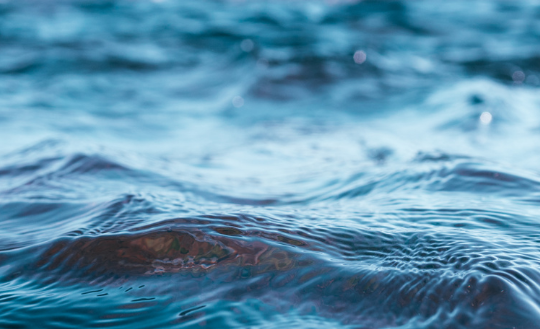MIAMI (September 10, 2021) — The Department of Regulatory and Economic Resources, Division of Environmental Resources Management (RER-DERM), continues its response to the fish kill that occurred around the area of the 79th Street Basin. This release includes an update detailing the response effort
underway, ways the community can help, and County initiatives to protect Bay health:
Fish kill response update
By the end of yesterday, one DERM on-water team visited north Biscayne Bay with no additional dead fish observed. DERM began coordination with the City of Miami Beach to follow up on possible sources of poor water quality in the northeast portion of Biscayne Bay in the vicinity of Biscayne Point and to identify potential investigations of infrastructure and land use activities that may be contributing to these conditions. The Florida Department of Environmental Protection Biscayne Bay Aquatic Preserve (DEP BBAP) was also on the water yesterday and will be able to provide additional data from a continuous-monitoring datasonde in due time once data is quality assured; this device captures data every 15 minutes and is located within the Julia Tuttle Basin.
Today, DERM biologists will be out again to revisit areas with water quality values of concern and to report on conditions in the affected basins. This is the final update for this fish kill; however, if there is another event, these daily updates will resume.
How the community can help protect the Bay
The County encourages residents to keep watch over Biscayne Bay and report any concerns to DERM. Residents can report a fish kill 24/7 online at http://tinyurl.com/baywatch305, by emailing baywatch@miamidade.gov, or by calling 305-372-6955. The use of fertilizers is generally prohibited during
the rainy season, and the public can learn more about why it’s so important to protect the health of the Bay here: www.miamidade.gov/fertilizer. Reducing the use of plastic and polystyrene and picking up trash and dog waste are also important steps we can all take to prevent pollution in the Bay. Learn more and stay
informed at www.miamidade.gov/biscaynebay.
County initiatives to protect and preserve the Bay
Miami-Dade County is committed to taking all possible action to turn around the crisis facing our waters. The County is aggressively accelerating investments in replacing or repairing critical water infrastructure and septic to sewer conversion. Earlier this year, the County Commission passed and the County began
implementing a ban on fertilizer use during the rainy season (May 15 – October 31), when nutrients are more likely to be carried in water flowing off the urban landscape. And this year’s proposed budget includes nearly $4 million dollars to tackle fish kills and flooding, handle seaweed collection and removal, and preserve and protect Biscayne Bay.

